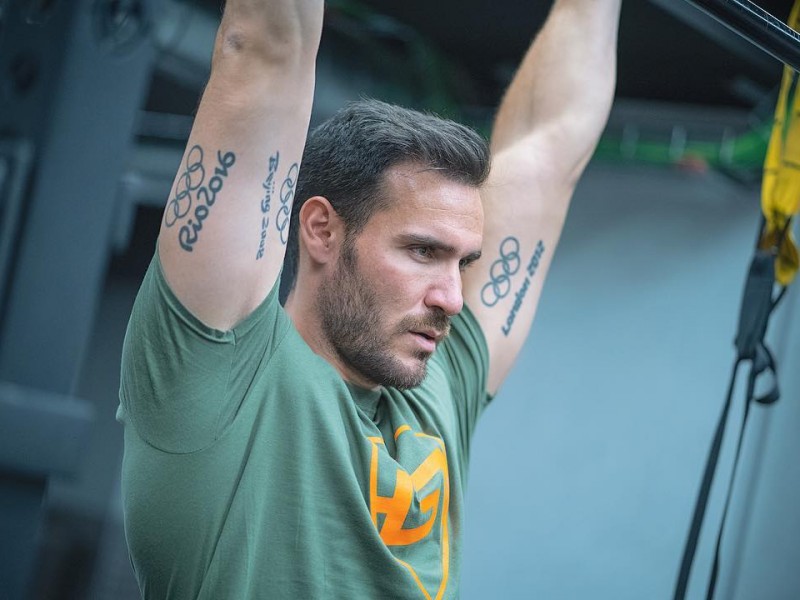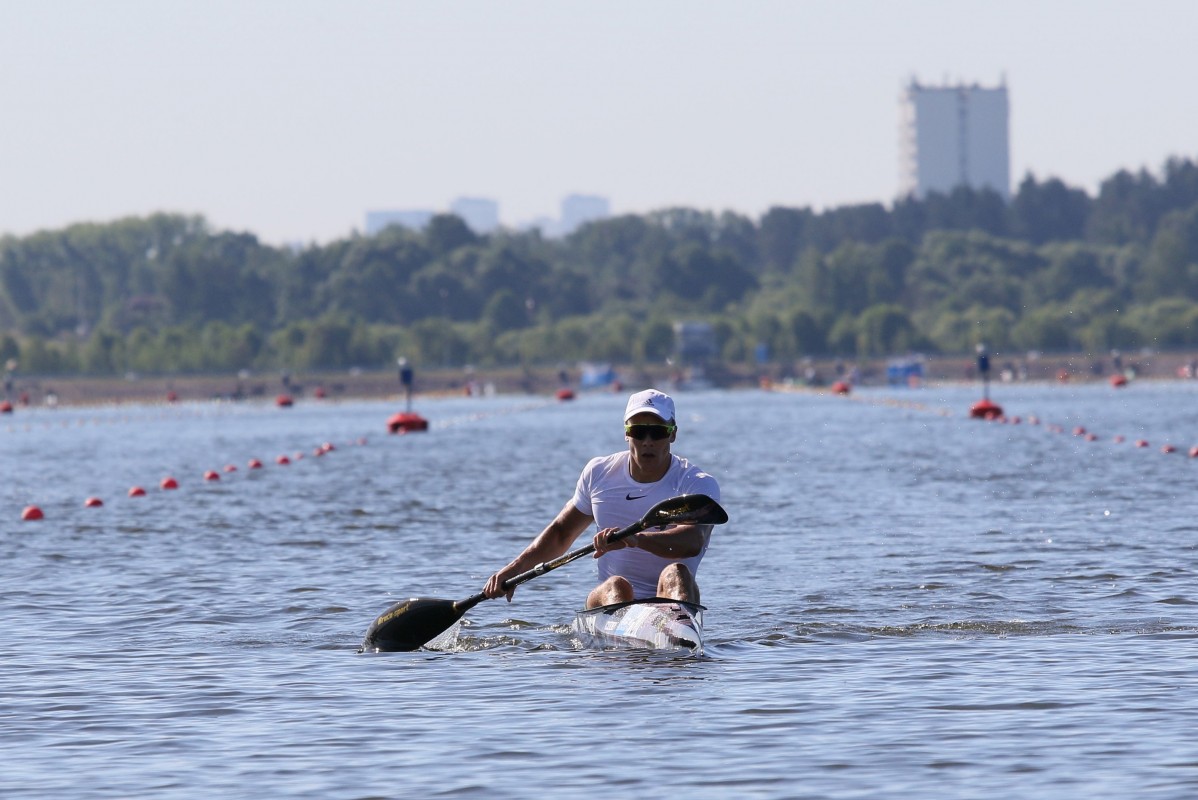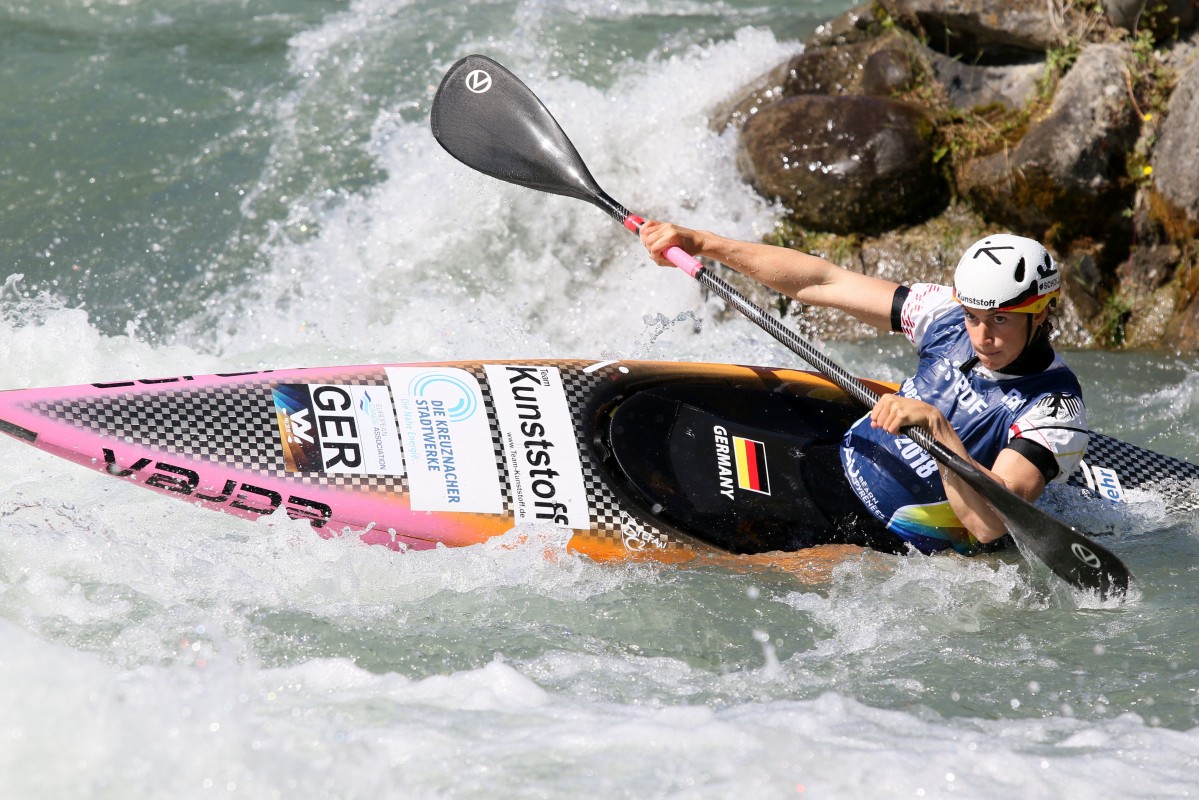We use cookies to improve our site and your experience. By continuing to browse our site you accept our cookie policy
We use cookies to improve our site and your experience. By continuing to browse our site you accept our cookie policy
 16.3.2020
16.3.2020
Spanish newspaper El Pais published an article dealing with the consequences of the Covid-19 pandemic on elite athletes. Physiologists and psychologists started to analyse the phantom of detraining that elite athletes face in the world of coronavirus. Here is the translation of an article written by Carlos Arribas.
Everything happened like this, in less time than it takes to tell, says sports psychologist Pablo del Río, who last week was talking to a taekwondo fighter and preparing him for the trip he had planned the next day to compete in Brussels. “Soon they called him and told him to forget, that the competition has been cancelled. ‘I went back to the CAR to train,’ he said. And shortly after he called me to tell me that he cannot stay, that the CAR and the Blume residence have closed, that he has to go…, ” continues Del Río, a veteran psychologist at the High Performance Center (CAR) in Madrid. “And when the CAR closed, four months before the Games, the end of a four-year cycle for many athletes who only had that obsession, some reacted with maturity, knew how to cope well, these are people with mental resources and seniority ... But there were younger people who ran out of the CAR in a stampede, fleeing to their homes, alarmed, scared.”
Del Río compares the effects of the epidemic on the population, the way in which one reacts to an uncontrollable threat, with the phases of mourning, the emotional states that one goes through when a loved one dies: denial, anger, negotiation, depression, acceptance. “They all fear the impact of the detraining that is coming to them. I speak at all times with the boys, I am glued to the phone, and they transmit helplessness, frustration, anger, fury, uncertainty… I tell them that we have to reach acceptance, it is the way and it is the process.”
Detraining is not a myth, say physiologists, who have studied the losses of endurance, maximum strength, power, that occur in the body when, first, the amount of training is reduced and, finally, it stops. Although everyone, cyclists, athletes, wrestlers, canoeists, gymnasts, footballers, knows that they have to keep working and do their best to maintain themselves, everyone knows that in two, three, four weeks they will have lost their physical fitness, and will begin to doubt their performance.

“The border for short-term detraining is one month. Resistance and potency are affected,” explains Alejandro Lucía, researcher at Universidad Europea de Madrid. “We are the most aerobic primate, we are resistance animals, hunter gatherers, we need a daily stimulus for movement, we need to move. Strength is something acquired because we did not need it, it was a thing of great animals. The strength, on the other hand, to little stimulus that we have we obtain it. It lasts longer and is easier to recover.”
Precisely, secluded in their homes, athletes in times of coronavirus, strength exercises, with weights, weights squats, stair work, are the most accessible. The resistance ones, unless the athlete has a treadmill, or the cyclists, with a roller, are more complicated and boring.
“To combat detraining, you have to exercise differently than you would outside,” explains Lucía. “It is about doing a kind of tapering, reducing exercise volume but increasing intensity. Fewer roller sessions for cyclists, who cannot ride four or five hours in a row, as in their usual trainings, a cyclist, for example, but with more intensity, series of speed and strength ... But everything detrains, anyway. Training of a marathon runner on a treadmill depends a lot on his motivation, on his value. And all that cannot be sustained for long.”
“Effectively, in three weeks staying still, according to the studies we have done in 2012, a footballer is untrained, undergoes changes and decreases performance both physically and psychologically as well as technically and tactically,” says Manuel Jiménez, a researcher at the Biomedical Research Institute of Malaga. “And the lack of official, serious competition, the only one that drives changes and improvements, accelerates them, will also have its psychological effects.”

But not everything is lost, says Jiménez, who highlights a unique ability of great athletes, of champions. “Elite athletes have an enormous capacity to adapt to critical conditions,” says the researcher. “In fact, this exceptional ability is a sine qua non for being an elite athlete. You can't measure them like normal citizens.”
The power of Craviotto
The professor of the Public University of Navarra Mikel Izquierdo was able to measure, together with Juan García Pallarés, a few years ago the best canoeists in the world, Saúl Craviotto and company. After four weeks of tapering (reduced training volume and increased intensity on the eve of competition) and five weeks of detraining, he analyzed the neuromuscular changes and their effects on performance. What he found sums it up in one sentence: “What is not used is lost, and this affects, above all, very quickly, the athletes.”
“If they do not practice aerobic resistance training, elite athletes will suffer very important effects on their capillary vascularity, muscle metabolism, neuromuscular system, and on VO2max. It is never good to stop cardiovascular resistance training altogether,” says Izquierdo, doctor of Sports Sciences. “The canoeists' neuromuscular and performance markers indicated a significant decrease in maximum strength and, especially, in power, the ability to move large weights with speed, within a few weeks of stopping the training of very well-trained athletes. It is always necessary to carry out a minimum maintenance program to avoid excessive deterioration of muscle function when a break is imposed.”
Izquierdo, pioneer in Spain in the investigation of strength training with older people, explains that power, fundamental in rowing and canoeing, is the most difficult thing to recover. “This is due to the nervous system, the most affected by the cessation of training,” says the physiologist. “In the third week, a great loss of muscle recruitment, mass is lost and in six the ability to speed, jump, push is greatly reduced. There is a detraining of the neuromuscular system, the capacity for cellular recruitment, the metabolism of glycogen ... Everything is lost very quickly, and in an accelerated cascade.”
In any case, there are those who think that yes, detraining is a myth, and that two, three, weeks of break can even be beneficial.
“Psychological uncertainty is what can most negatively affect preparation, in terms of causing demotivation, doubts, dropouts ... You can deflate the entire fabric that supports the athlete,” reflects Juan José González Badillo, professor at the Pablo de Universidad Olavide, in Seville. “However, physically, what can be lost now, two or three weeks of training, will not have an impact on performance. I would even go so far as to say that the halt can be beneficial. Even taking into account that each sport and each athlete follows different training cycles, I would have no concern regarding intensity reduction. Rest, as I already wrote it in 1991, before the Barcelona Games, is the solution to the problem of stagnation, lack of progression. There are studies that show that the best phase in the sports career of many sportsmen came just after a long period of rest. And muscle tone is easily recoverable. There is more than enough time to spare. I wish we had such training control capacity to know that if we leave it for X days of training this will influence …”
What will not stop, cannot stop, is the psychological work that each athlete carries out with their specialist. “I work with them making a parallel with an injury, as I worked the injury with Carolina Marín. Psychological training does not stop: now you cannot deliver to the fullest but you have to continue training in what you can, you cannot stop. It is an injury that we have to attribute to the circumstances, I tell them, and they apply visualization techniques, training and virtual practice, they follow the same routines. They have to have a positive anticipation, keep thinking about who they are and what they represent, their identity. They are people who are always moving, who need physical activity. It is very difficult to resist passivity. They are still in the phase of anger and rage. They will accept.”
* Sine qua non - an essential condition; a thing that is absolutely necessary
Source: https://elpais.com/deportes/2020-03-15/de-la-frustracion-y-la-rabia-a-la-aceptacion.html


